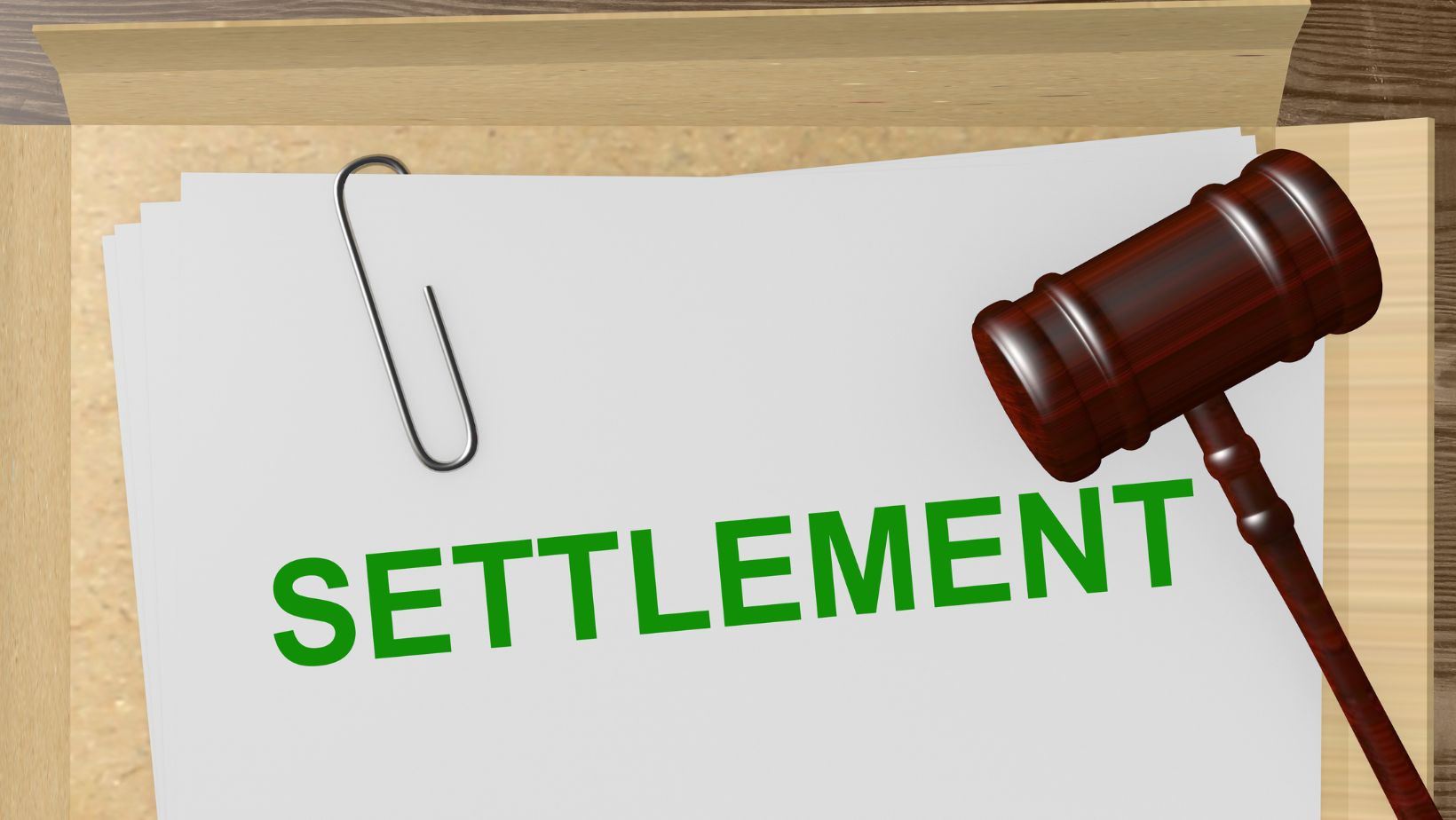Whether you have been hurt in an accident or lost a loved one due to negligence, you have a legal right to financial compensation. Many believe the ideal way to get this compensation would be by taking the case to court. If you have an experienced lawyer by your side, it may not be a bad option, but it’s very wrong to consider it the only option.
By negotiating a settlement, many people have gotten fair compensation and spared the headaches of going to court.
If you are unsure whether you want to pursue an out-of-court settlement or a trial, this article can help you make a decision. Regardless of your path, don’t forget to get the help of a personal injury attorney.
Save Your Finances
Legal proceedings are costly. The costs can be extremely high, mainly if the trial lasts several months or years. Even if you prevail, court costs and legal fees might significantly reduce your compensation.
Reasonably lower settlement costs are a significant factor in plaintiffs’ decisions to settle out of court. And it’s important to understand that settling matters out of court is perfectly legal. It is a type of Alternative Dispute Resolution (ADR) method.
Flexible Communication
The court regulations about wrongful death lawsuits are unforgiving and stringent. Specific rules govern the gathering and presentation of evidence. In court trials, the plaintiff’s communication with the defendant is frequently sporadic, scrutinized, and awkward. Without the judge’s approval, it may be difficult or impossible for the plaintiff to modify their strategy.

The settlement procedure needs to be more formal. It is easier for plaintiffs and defendants to communicate openly and decide on a plan of action that benefits both sides. Decision-making is more straightforward when evidence is gathered and presented more naturally. The plaintiff’s loved ones suffer severe emotional damage when they lose someone they hold dear. Their attorney might want an apology from the other side. Although it cannot happen in court, this is a common practice in settlement agreements.
Prevents Uncertainty
The American legal system is set up to allow dissatisfied parties to challenge the decisions. Even if a judge grants you compensation, it may never come. The defendant can appeal the decision even after the final gavel thud, endangering your compensation. If you’ve followed the Supreme Court, you are aware that disgruntled parties frequently file appeals to the highest levels of the legal system. Typically, the procedure requires millions of dollars and several years.
Conversely, settlement agreements are not subject to challenge. The deal is finalized when both parties have shaken hands and signed, and neither can back out.
Emphasis on Privacy
Trials in courts are public by nature. Usually, they call for both sides to take a position and discuss awkward or painful subjects. The court records every statement. The media frequently covers high-profile cases and sometimes even airs statements on television. There is always a winner and a loser in a case. Often, the loser receives a “guilty” verdict, which obligates them to confess to misconduct in public.

A family that has recently suffered a tragic death may find it highly upsetting to discuss specifics in public. Of course, not every court case is a media circus. Due to the possibility of harm to their reputation and future commercial opportunities, most defendants are afraid of a guilty decision. Settlements, on the other hand, are rather more private. Guiding admission is not required, and recording a conversation is not always necessary.
Conclusion
Not everyone will benefit equally from settlements. A court case will be your best alternative if your case is intended to draw attention to an injustice or societal concern. Settlements do not establish legal precedent. Furthermore, you can be forced to present the case to a judge if the opposition declines to comply.
But for most people who have had a family member suffer an accident or wrongful death, a settlement mediated by a lawyer might be a great choice.
















